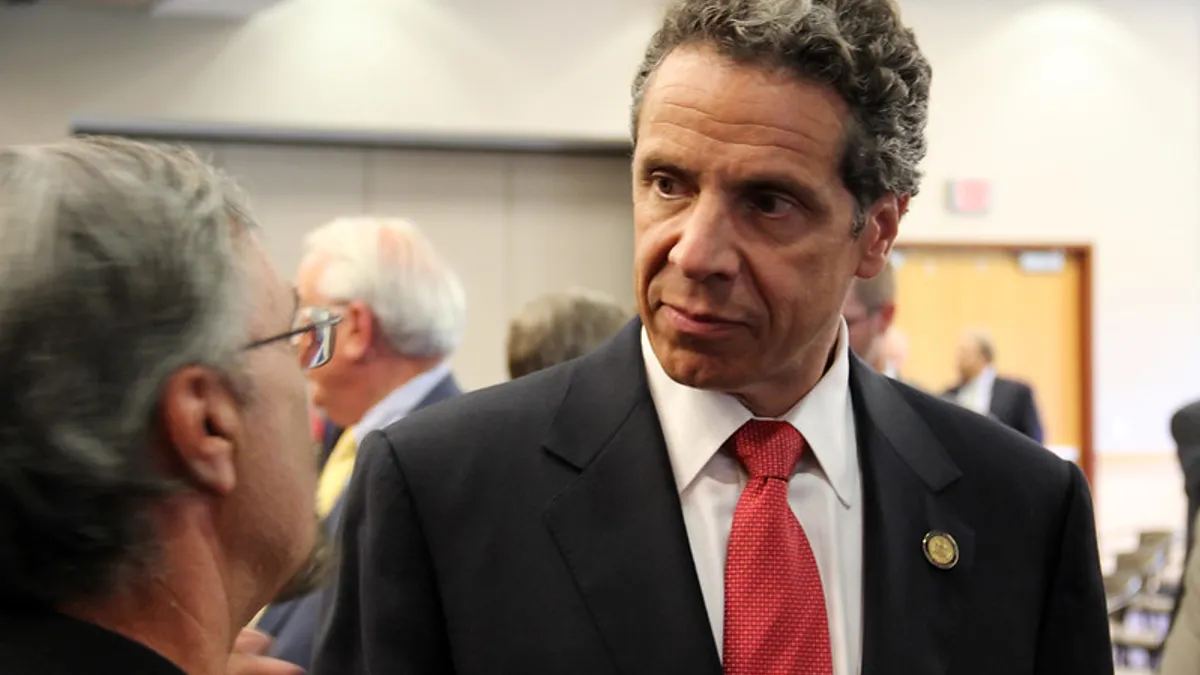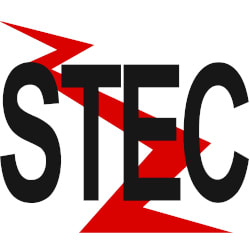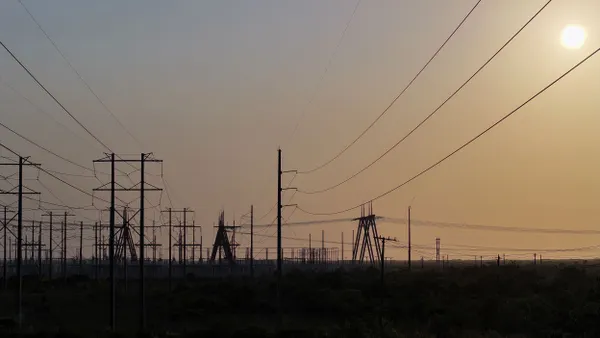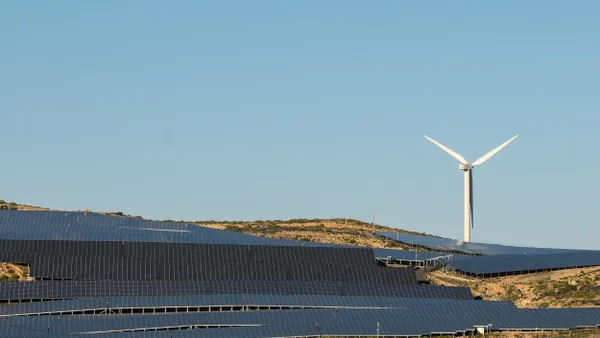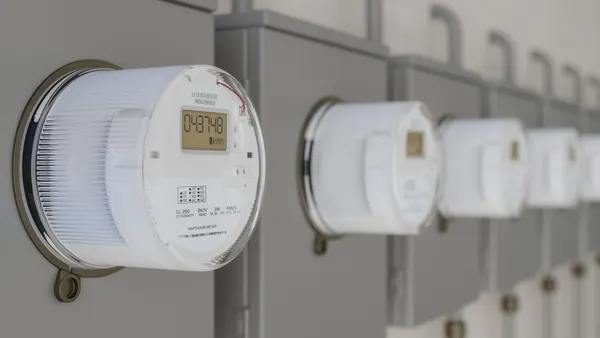Dive Brief:
- Utilities would face stricter financial penalties and new requirements to communicate accurately with customers during power outages caused by storms, under new legislation to be proposed by Democratic New York Gov. Andrew Cuomo.
- The legislation would also streamline the process for the state to revoke a utility's franchise or operating contract if it does not meet storm response requirements. The New York Department of Public Service is investigating franchise revocations for Consolidated Edison and Orange & Rockland, as well as termination of Public Service Enterprise Group (PSEG) subsidiary PSEG Long Island's contract with the Long Island Power Authority (LIPA), related to the utilities' response to Hurricane Isaias earlier this month.
- Some customers were without power for about a week, after Isaias struck the Northeast on Aug. 4. If utilities do not improve their response, "they have to know that they can lose their operating certificate," Cuomo said at a Monday press conference.
Dive Insight:
New York is the second state to consider stricter utility laws in the wake of Hurricane Isaias. Connecticut lawmakers have floated legislation that could require more scrutiny of utilities, penalties for extended outages and possible customer reimbursements for their impacts.
In New York, Cuomo said current penalties are simply too low to encourage utilities to improve their outage responses.
Outage-related penalties for electric utilities in New York start at $100,000 or .02 of 1% of annual intrastate gross operating revenue, whichever is greater, for each separate and distinct offense. For combined gas and electric utilities, penalties rise to $500,000 or .04 of 1% of annual intrastate gross operating revenue, whichever is greater.
"$100,000 per incident, to these companies, is not significant," Cuomo said. "Their cost of repair, their cost of the modification, is much more than they would pay a penalty. That has to change."
The state must have a faster process of revoking utility franchise agreements, according to Cuomo. "They have to know that they can lose their operating certificate and it's not going to take years to do — and we're not going to wind up in the courts," he said. "We can do it and we can do it quickly."
The legislation will address ownership and transfer of assets, such as substations, cables and trucks, to ensure that the ratepayers who funded them are not charged again in the event of a new operator taking them over, Cuomo said.
There must also be a mandatory communication system that operates during the storm and provides customers with accurate information regarding power restoration, he added.
The DPS has sent notices of apparent violations to four electric service providers regarding their storm response: Con Edison, Orange & Rockland, PSEG Long Island and Central Hudson. And the agency is threatening to pursue franchise revocations for Con Edison and Orange & Rockland as well as termination of PSEG's contract with the Long Island Power Authority (LIPA) if an investigation concludes it is appropriate.
Hurricane Isaias made landfall on North Carolina's coast as a Category 1 hurricane, but slowed to tropical storm speeds as it progressed north. Peak outages in New York reached approximately 920,000 customers, and overall approximately 1.3 million New York customers experienced power outages due to the storm.
According to DPS notices of apparent violation, by the evening of Aug. 6 Con Edison had experienced 328,555 customer outages and PSEG Long Island had experienced 420,000.
New Jersey-based Public Service Enterprise Group operates the Long Island electric grid under a contract with LIPA. The utility did not respond to requests for comment about the threat to revoke its contract.
Con Edison in a statement said it is "focused on continuously improving," and its storm response plans enabled it to restore power to more than 300,000 customers following Isaias, "at a rate that was more than two times faster than after Winter Storms Riley (2018) and Quinn (2018) and 1.5 times faster than Hurricane Irene (2011)."
"We are enhancing our reliability, resiliency and storm response in a variety of ways, including implementation of a resilience plan," Con Edison said. "That is essential at a time when climate change is making severe weather events more frequent and devastating for our customers.”
The DPS storm response investigation has been expedited and is expected to be complete within six months — compared with a typical process that can take up to two years, according to a statement from Cuomo's office.



